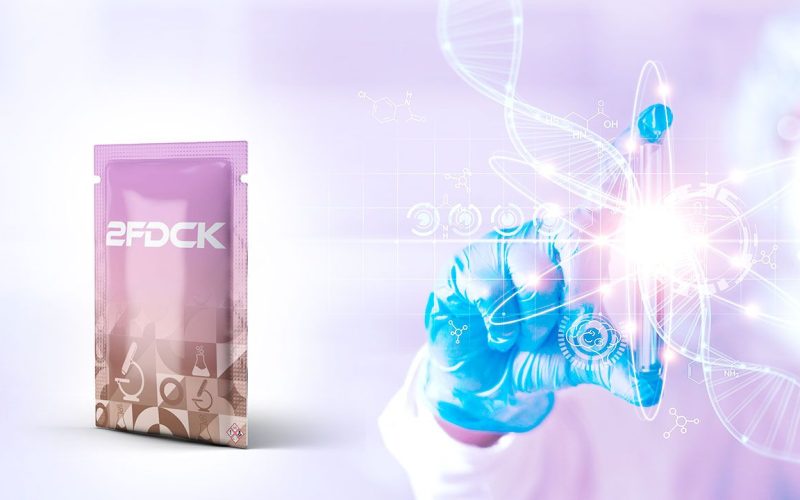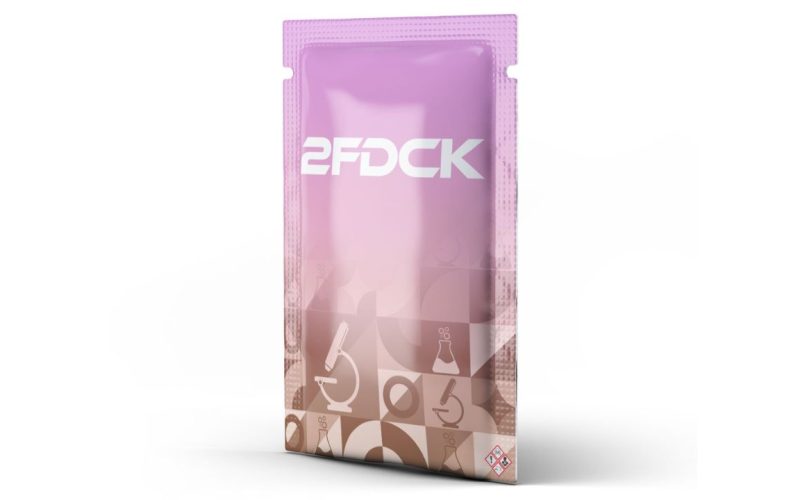Is 2FDCK Soft Drugs?
Aimimichem is your partner in scientific exploration. Our top-tier research chemicals are designed for breakthroughs. Shop with us for exceptional quality and service.

Is 2FDCK Considered Soft Drugs? Exploring the Classification of 2-Fluorodeschloroketamine
In the realm of research chemicals, classification and legality play crucial roles in how substances are perceived and handled legally. 2-Fluorodeschloroketamine (2FDCK), offered by Aimimichem for strictly research purposes, presents a pertinent case for examining whether it falls under the category of “soft drugs” within structured drug classification systems. This article focuses exclusively on 2FDCK, discussing its properties, risks, and how it fits into the drug classification system, particularly under the regulations observed in the Netherlands, the base of Aimimichem’s operations.
Exclusive 2FDCK Updates
Stay Informed: Buy 2FDCK
Join our Telegram channel for the latest updates and exclusive promotions on. 2FDCK. Be the first to know about new stock arrivals, special discounts, and cutting-edge research insights. Enhance your scientific endeavors with Aimimichem.

What is 2FDCK?
2FDCK or 2-Fluorodeschloroketamine is a chemical analog of ketamine, a substance known for its dissociative anesthetic properties. Unlike ketamine, which is used in medical anesthesia, 2FDCK has not been widely studied and is primarily known in the research and recreational drug communities. Its effects are similar to ketamine, producing dissociative sensations and hallucinogenic experiences when used.
Understanding Drug Classifications: Hard vs. Soft
Drug policies, especially in the Netherlands, differentiate between “hard” and “soft” drugs to manage control and mitigate risks associated with drug use. Hard drugs like heroin or cocaine are associated with high risks of addiction and health deterioration. Conversely, soft drugs, including cannabis and sometimes psychedelics, are considered to have a lower risk profile.
Legal Status and Regulatory Insights
The categorization of 2FDCK is significant in determining its legality and the scope of its use. In the Netherlands, where stringent drug laws prevail and Aimimichem is operational, the legal framework is quite rigid regarding new psychoactive substances. 2FDCK, due to its chemical similarity to ketamine (a controlled substance), might often be approached cautiously by legal systems.
Health Considerations
One of the critical aspects of classifying drugs into hard or soft categories is their impact on health. 2FDCK, while not extensively researched, is suspected to carry potential risks similar to those of ketamine, which includes dependency, psychological impact, and neurotoxicity. These possible health issues play a crucial role in determining whether 2FDCK could be considered a soft drug; its risk profile suggests a more cautious classification might be necessary.

Aimimichem’s Role and Consumer Safety
Aimimichem emphasizes that 2FDCK should be utilized only for research purposes and explicitly not for human consumption. This directive aligns with a responsible approach to handling such potent chemicals, ensuring that they are used within safe and controlled environments to avoid the public health risks they could pose if misused.
Community Engagement and Regulatory Compliance
Through mechanisms like “Aimimi Shipping Credits” and ongoing promotions communicated via their Telegram channel, Aimimichem not only incentivizes its customer base but also educates them about the stringent regulations surrounding products like 2FDCK. Their commitment to compliance with Dutch laws and REACH regulations demonstrates their dedication to safety and legal conformity.

Conclusion: Is 2FDCK Soft Drugs?
While 2FDCK shares structural similarities with ketamine, known for its medical and recreational use, its classification as a soft drug is debatable. Given the potential health risks and the stringent regulatory environment in the Netherlands, 2FDCK may more appropriately be classified alongside other controlled research substances. Aimimichem’s rigorous adherence to legal standards and commitment to research safety underscore the importance of careful, informed handling of such chemicals. Thus, 2FDCK should ideally remain within the realm of research until further studies clarify its full spectrum of effects and potential therapeutic uses.
Have Any Questions
We've answers
2FDCK, or 2-Fluorodeschloroketamine, is a chemical analog of ketamine known for its dissociative effects. It is relevant to drug classification debates because, like ketamine, its potential for abuse and psychological impact is scrutinized to determine if it should be considered a hard or soft drug.
Dutch law differentiates soft drugs as those considered to have lower risks of addiction and harm (e.g., cannabis). Hard drugs include substances like heroin and methamphetamine. Due to its potent effects and risks, 2FDCK is generally not classified as a soft drug in the Netherlands.
The potential risks include dependency, severe dissociative states, and other psychological effects that are similar to those of hard drugs. These health concerns are significant in determining its classification and handling within legal frameworks.
We only sell our products to customers aged 18 years or over, for purposes of research only.

